Fact Friday
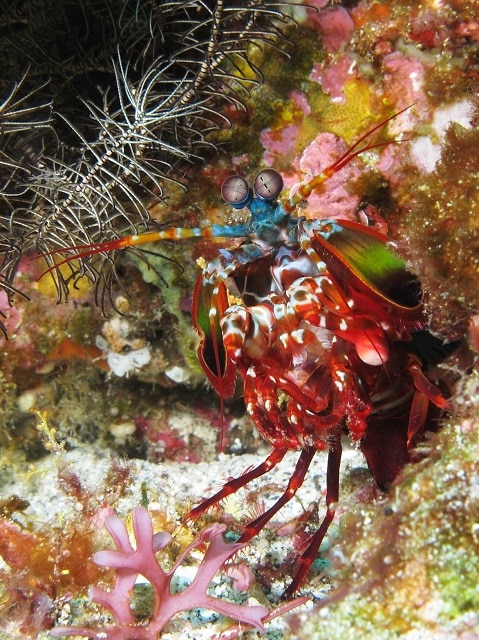
The colorful mantis shrimp is no wimp. They can box far above their weight class due to their secret weapon. They store energy in their arm which allows them to strike with the power of a 22 caliber bullet. Check out this video to see one in action.
Mantis shrimp By Alexander Vasenin [CC-BY-SA-3.0 (https://creativecommons.org/licenses/by-sa/3.0/] 15 September 2010 via Wikimedia Commons. https://commons.wikimedia.org/wiki/File:Curious_mantis_shrimp_from_Gilli_Banta_reef.JPG.
Welcome to our Coral Reef Ecology Curriculum!
The purpose of these innovative coral reef education materials is to engage and inspire students to learn about coral reefs and to become stewards of this vital ecosystem.
Why? The Foundation strives to increase ocean literacy by creating awareness about coral reefs. They harbor nearly 25% of all marine species. Reefs also provide a food supply and livelihood for millions of people around the world.
-
Students
Includes quizzes, graphics, photos, videos, and interactives that help students retain information and get excited about learning. Get started now!
-
Teachers
Integrate 21st century learning into your classes, while students learn about coral reefs and how humans are connected to this unique ecosystem. Get started now!
-
Guest
Not a student or a teacher? Get access to quizzes, graphics, photos, videos, and interactives without a class code from a teacher. Get started now!
Our Course
This award-winning coral reef ecology curriculum has been developed in accordance with the Next Generation Science Standards (NGSS), the Ocean Literacy Principles (OLP), and the Common Core State Standards (CCSS). It is aimed towards high school students, but can be adapted for other age groups.
Explore fourteen custom designed units on topics that can be integrated into a variety of courses such as art, biology, chemistry, environmental and marine science, and physics, while adhering to course standards. We are continuing to develop the curriculum and will add new units (a total of 23) and lesson plans as they are completed. Future content includes the following topics:
Reef Formation Biodiversity of Coral Reefs Reef Organisms
Reef Organism Behaviors Connectivity of Ecosystems. Threats
Benefits The Foundation’s Research Resilience
Click here for copyright information.
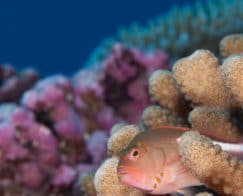 Ecology
Ecology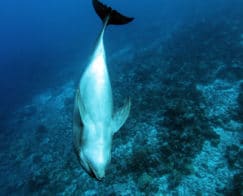 Classification
Classification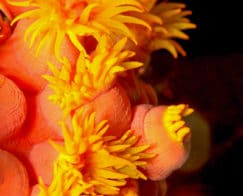 Coral Anatomy
Coral Anatomy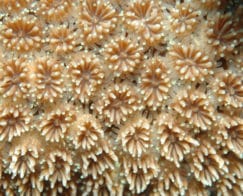 Coral Feeding
Coral Feeding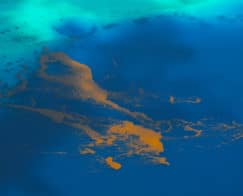 Coral Reproduction
Coral Reproduction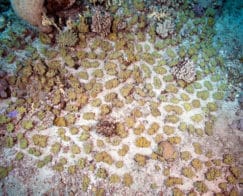 Life Cycle
Life Cycle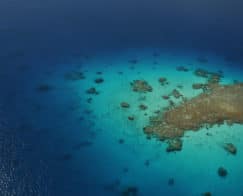 Distribution
Distribution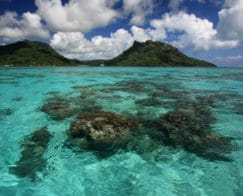 Environmental Conditions
Environmental Conditions
WHY SHOULD I CREATE AN ACCOUNT?
TEACHERS
Monitor student progress. Access teacher resource pages for free downloadable lesson plans with answer keys. Search for lesson plans by national standards, access master vocabulary list, and monitor student progress.
STUDENTS
Must link to a teacher with a class code. Keep track of your course progress and quiz scores, start collecting badges as you complete each unit, and personalize your individual dashboard page.
GUESTS
Take quizzes and keep track of your progress. Collect badges for each unit and personalize your dashboard. NOTE: Students who do not want to link to a teacher's class should register as a Guest and under User Type, click "Other" then write in "student".




